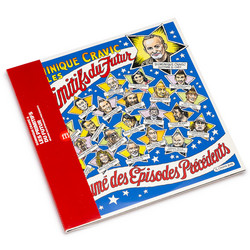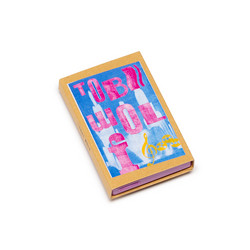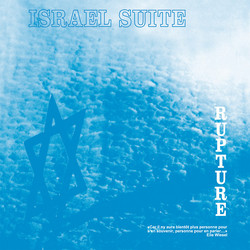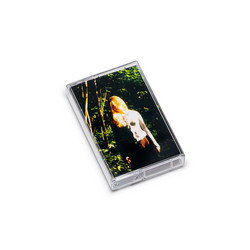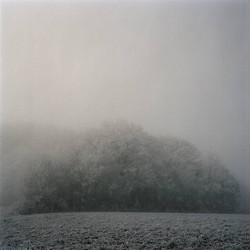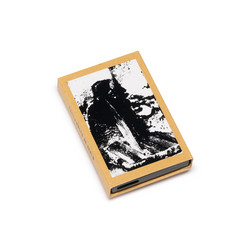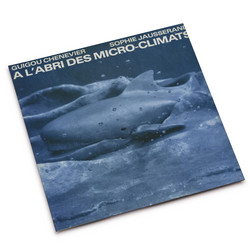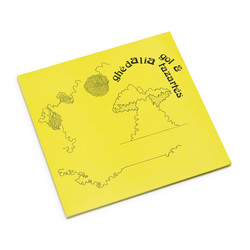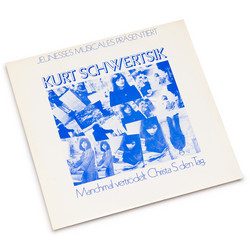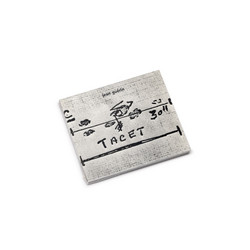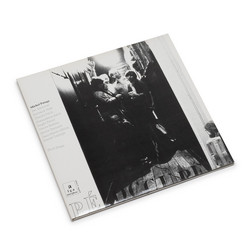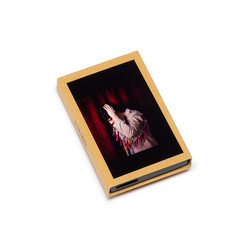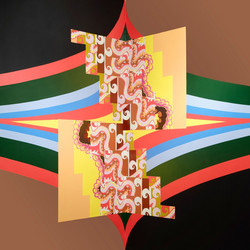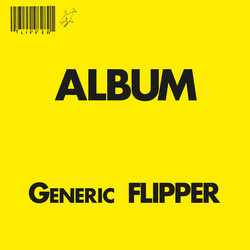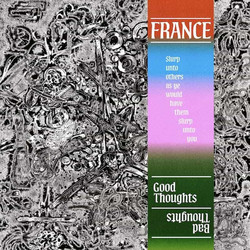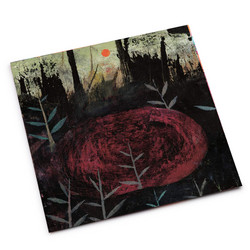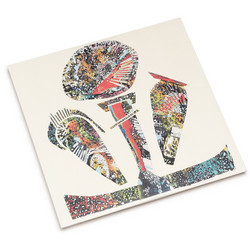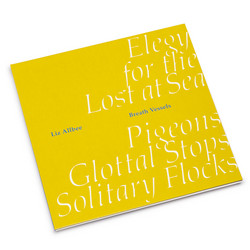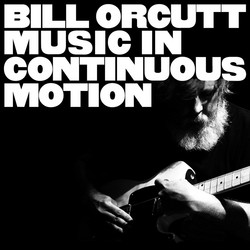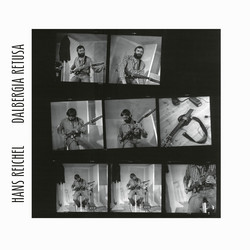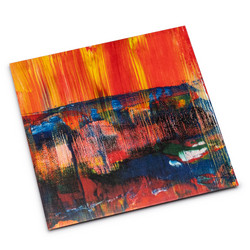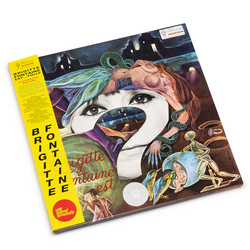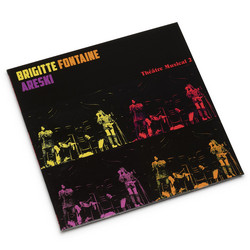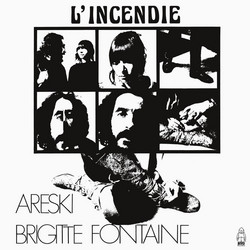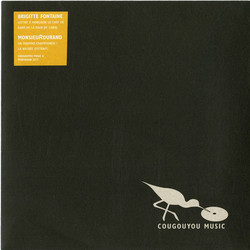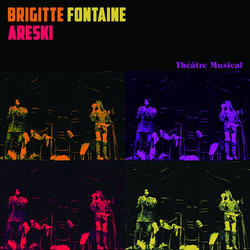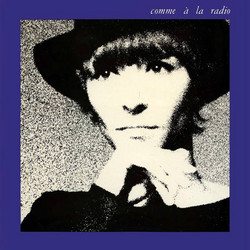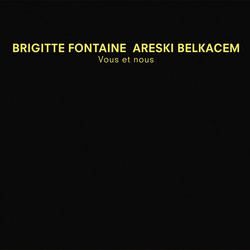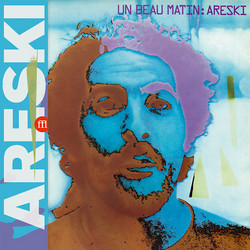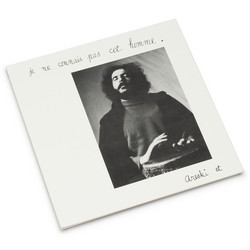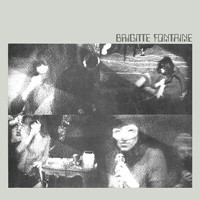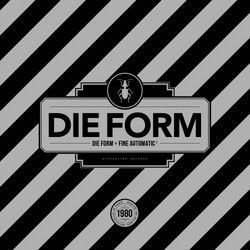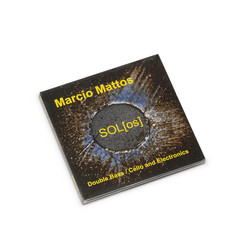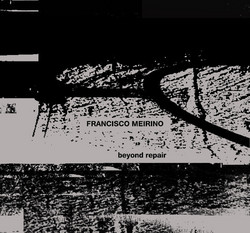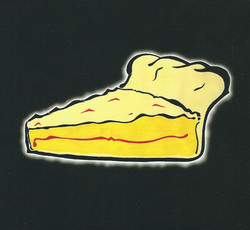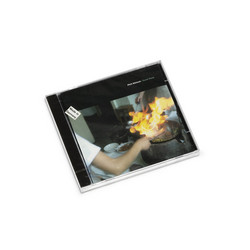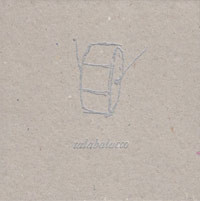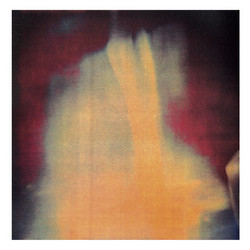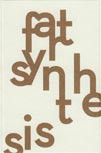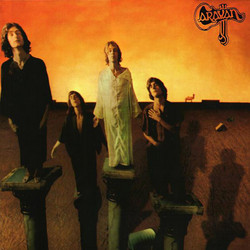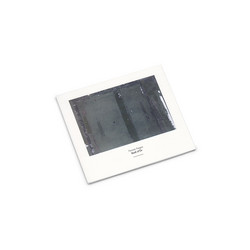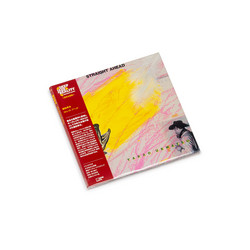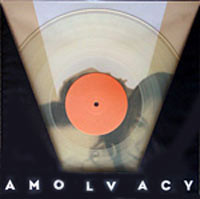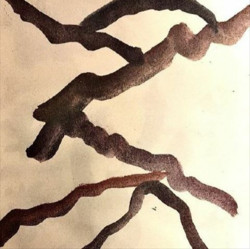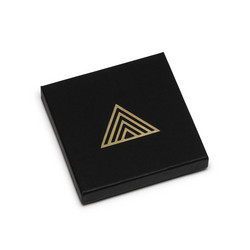After the groundbreaking Comme à la Radio, energized by the free jazz tumult of the Art Ensemble of Chicago, Brigitte Fontaine and Areski Belkacem produced six albums together or separately between 1972 and 1977. While French pop of the time was marked by lush orchestrations, Fontaine and Belkacem’s songs were often recorded live, typically accompanied only by guitar and percussion, or performed a cappella. This minimalist approach focused attention on the subversive poetry of the lyrics and the delicacy of the melodies, earning them critical recognition in the counterculture and a loyal underground following.
As the 1980s approached, Fontaine sought to reinvent her music without losing its singularity. She described this artistic turning point in interviews, noting that Vous et nous had already marked the end of a cycle. For Baraka—a title meaning “blessing” in Arabic, associated with luck and abundance—the duo retreated to the home studio of composer and visual artist Guy Bezançon, recording without any other musicians. The album was to feature nine new songs, with only two departing from the traditional verse-chorus structure. Technically, the duets used stereo separation: Areski’s voice on the left, Brigitte’s on the right. Fontaine’s voice, often doubled through re-recording, was still clear and intense, not yet veiled by years of smoking. The lyrics on Baraka reveal a more introspective tone than previous records. The opening track, “Le Ménage,” is an absurd domestic scene where Fontaine and Belkacem speak in turn, never truly conversing—a moment that would later open Fontaine’s theatrical book L’Inconciliabule. Other songs, like “L’Éternel retour,” explore metaphysical themes, while “La Traversée” ends with an acceptance of doubt and ignorance. Not all tracks are serious: “Maison du café” humorously rejects chaos for harmony, and “Pif” is a solo portrait of Areski, gifted by Brigitte. The playful “Tout le monde se rappelle peut-être de quoi il s’agit” strings together absurd aphorisms, and “Baby boum boum” is a jubilant exercise in alliteration, later reinterpreted with Noir Désir on the gold-certified Kékéland.
Originally, the project aimed to contrast electric guitar with the qanun, a North African zither, but this East-West fusion only materialized on “Le Lightshow.” When the recordings moved to Studio Davout, producer and guitarist Martial “Mimi” Lorenzini took charge, bringing in the group Édition Spéciale. The resulting arrangements, full of flashy instrumental flourishes, diverged sharply from the duo’s original vision. Fontaine and Belkacem felt the soundscape had slipped away from them, and the album—retitled Les églantines sont peut-être formidables—was shelved, becoming a rare collector’s item.
Decades later, a tape of the original home recordings resurfaced in the Saravah archives. These versions, stripped of excess, are raw and authentic, filling a missing link between Fontaine and Belkacem’s lo-fi experimental period and their later, more mainstream work. The vocals resonate with sincerity and intimacy, capturing the artists as never before. Over the years, Fontaine and Belkacem have remained true to themselves, constantly reinventing their sound and continuing to challenge conventions in French chanson.
